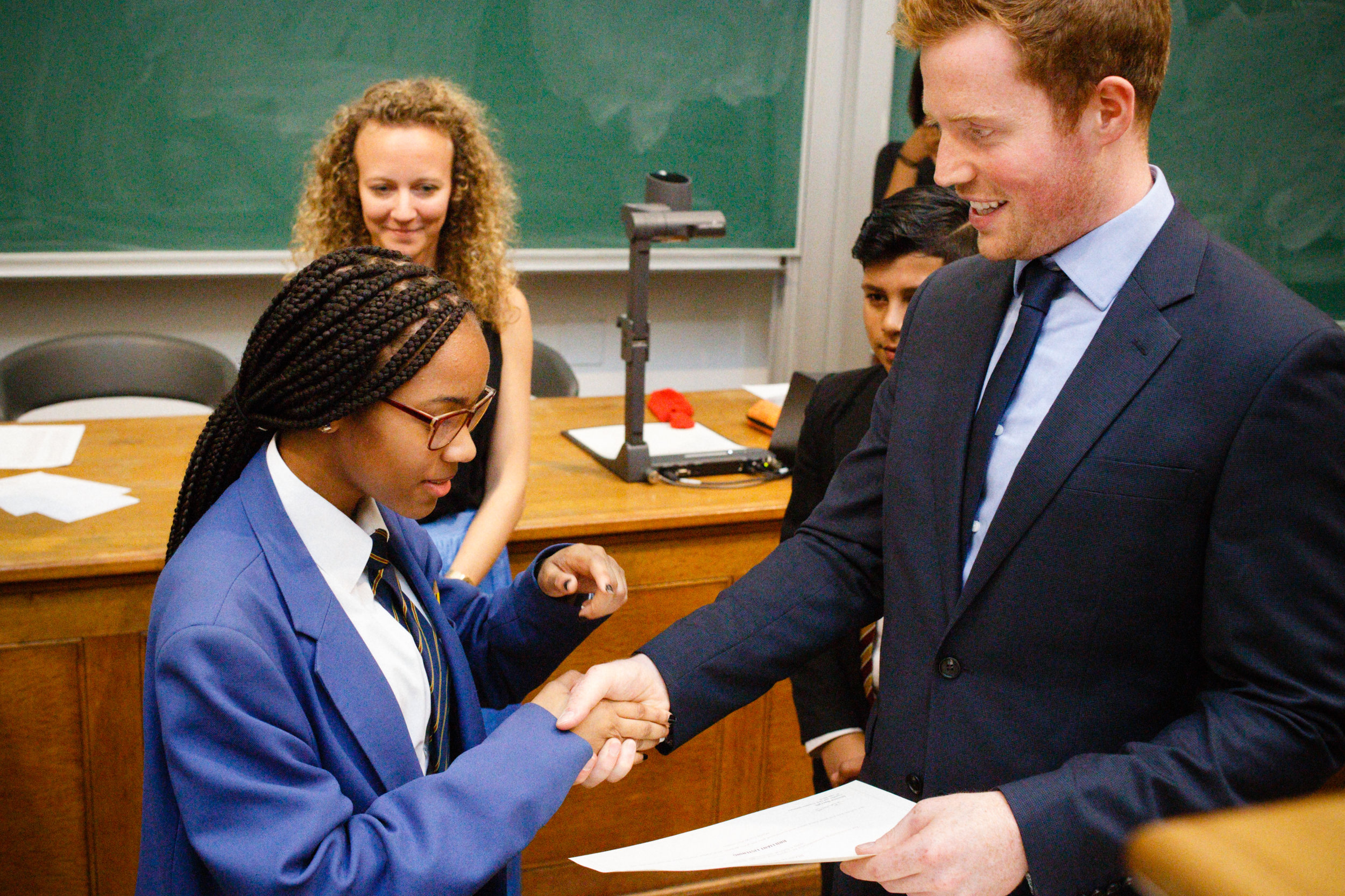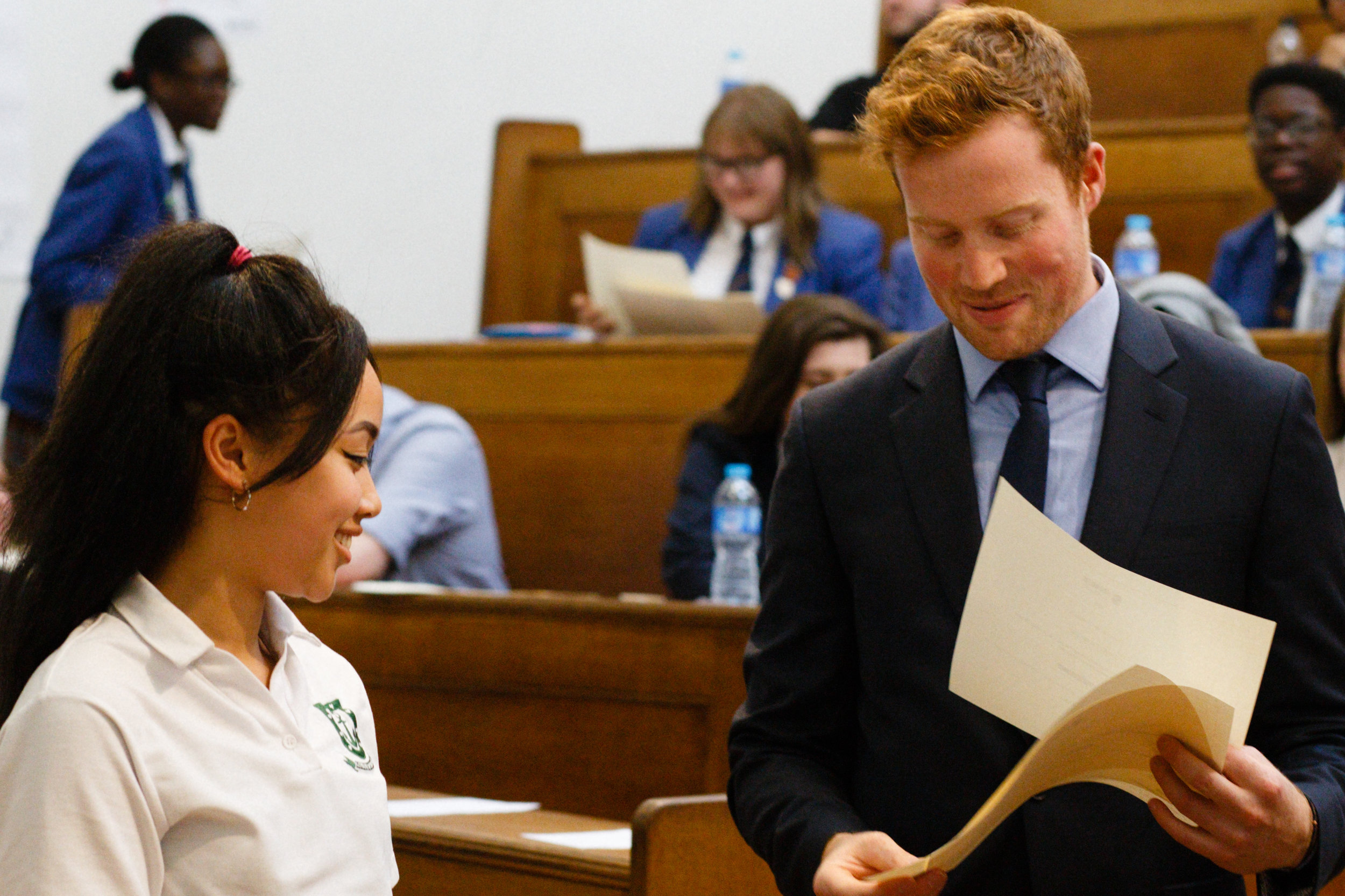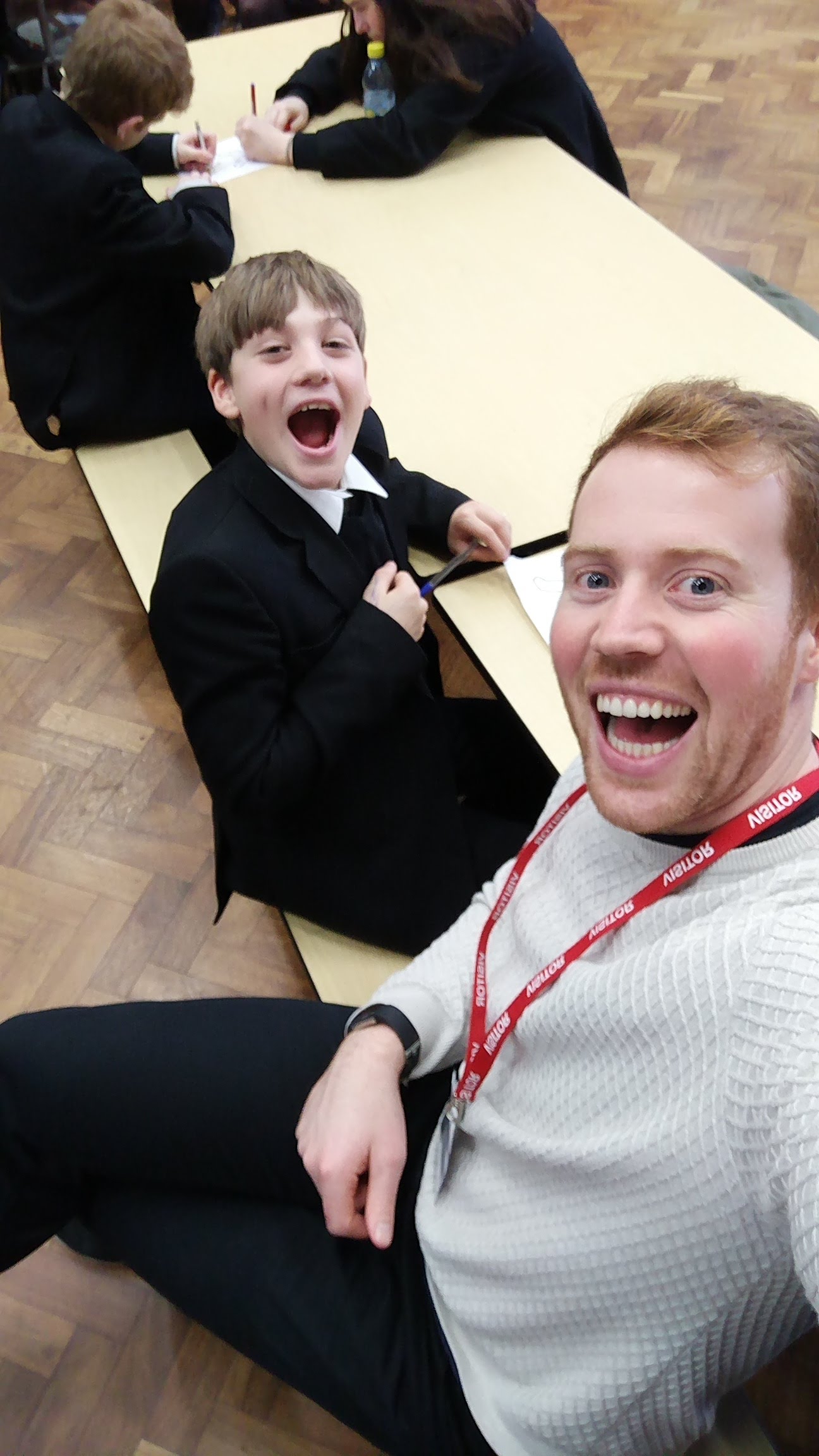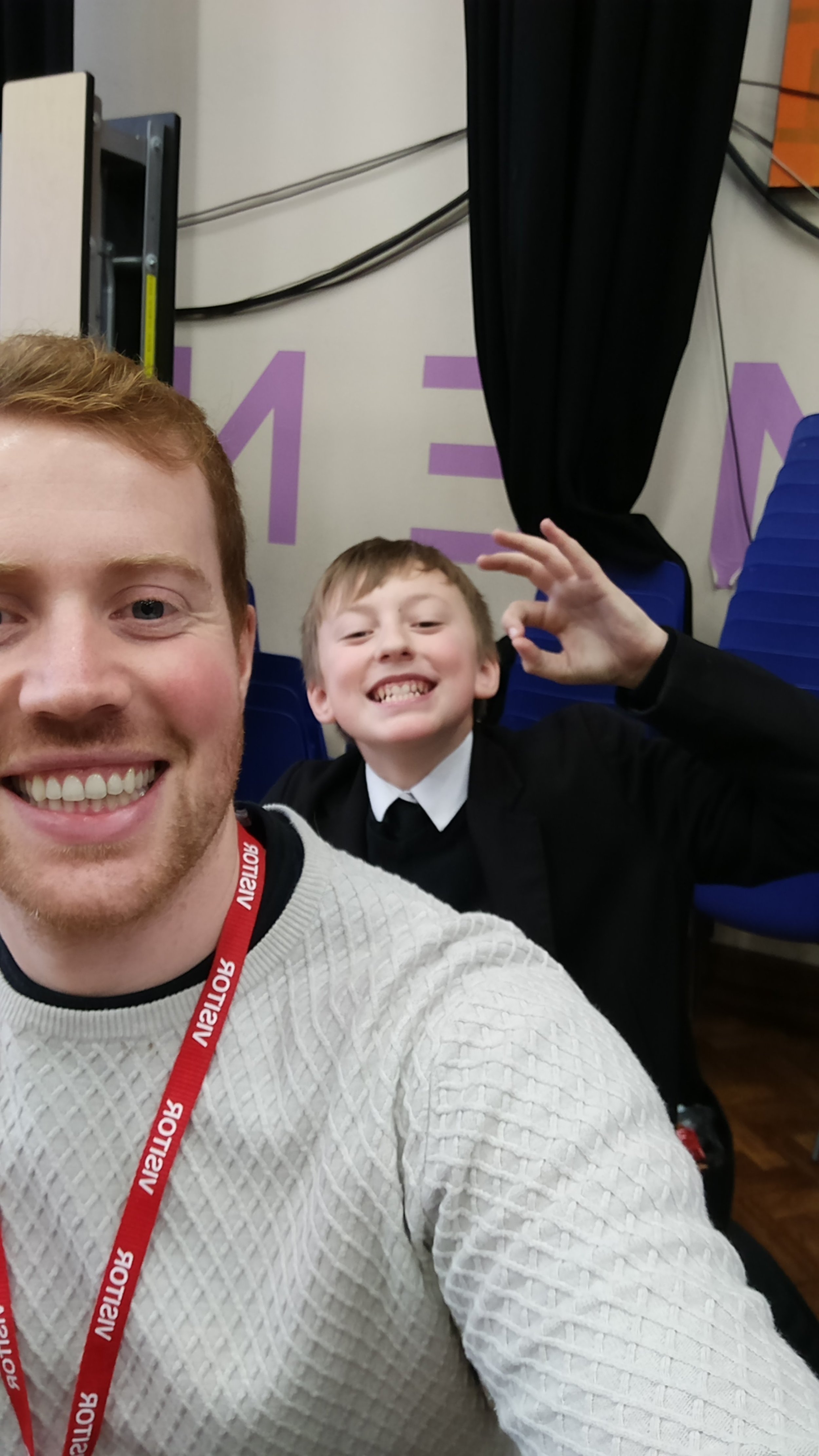I can remember meeting with Jessica Barratt, the founder of Franklin Scholars, for the first time and getting very excited about the potential of powering up young people to help others. I had spent my career being impressed by the witticism, energy, and ‘know how’ of the young people I worked with; helping young people enact change in others seemed like something I wanted to help make happen.
Five years later, I have decided to move on from Franklin Scholars. I was brought in as Programme Director to mould and shape our peer-mentoring programmes so that they were efficient and impactful. I am incredibly proud of the beacon programme we have now, and its ability to enact meaningful impact on our participants. Now it’s time for more schools and young people to experience those programmes.
Looking back, there are a few truths that I’ve been reflecting on and the Franklin Scholars team encouraged me to share them here (you can thank them for this!).
Relationships are magic
Humans are complicated beings. Broad individuality makes any one person hard to define, which therefore makes 1:1 relationships so infinitely wild. The potential outcomes that are generated by two people who show compassion for each other are endless. As a quick thought experiment, try to define the impact of one of your parents. Try to make a comprehensive list of all the things you’ve gained from a good colleague. Largely impossible? That irrationality has made my job of evaluating Franklin Scholars very challenging, but it’s also provided the most rewarding experiences in the work that we do.
Moments that stand out to me include the Y10 who taught his Y7 mentee chess because he thought it would help the mentee focus; the pair that still have lunch together every week even after the formal programme has ended; the Franklin Scholar who used the experiences with their younger sister to bring out the best in their mentee. There’s a spirit in these relationships which is so powerful, I just think they’re magic.
Social and Emotional Skills are recognised as important but still frustratingly difficult to measure
This debate on how we talk about (and measure) the social and emotional aspects of interventions has been going on for decades. Character, non-cognitive, soft, working skills - everyone has a good enough gist of how those words are defined, although they all simply try to capture how humans react to other people and changing situations.
Even with all of the momentum and enthusiasm to develop these skills in young people, progress on measuring outcomes linked to social and emotional development has been slow. There’s conflicting evidence on malleability, and our inability to reach consensus on definitions means we’re a long way off being able to measure any of them - let alone use evaluation to plan effective intervention.
Some of these skills, and how they balance, are implicitly linked to values. Values are political. Politics is rough going (where have you been?). So I don’t know how many of these challenges are going to get addressed soon, but it’s something I have spent years thinking about. One of the things I’m most proud of is that Franklin Scholars has not shied away from these difficulties and even with very few resources, we have always tried to improve how we measure our intervention’s impact in this realm.
Young people’s capacity is boundless
For anyone who has the privilege to work with young people, it is clear that they are generally not tired, or weary, or sceptical. They’re energetic, wonderfully naive, and optimistic. How do we take advantage? How do we use that energy to make sure that young people can take themselves and others further than we oldies have thought possible? How do we give them the mechanisms?
What’s been exciting recently are the examples of young people going to scale - the Parkland Teens in the US, or the climate change march last week. Young people are starting to shake the stereotype that they are not politically engaged. So how do we let them in?
My next step is with the Greater London Authority encouraging more young people to take part in social action and volunteering, so here’s to more of this in the future.
Thank you to everyone who has made my time at Franklin Scholars so enjoyable - the partners who have provide invaluable support, the individuals who have made incredible sounding boards, the enthusiastic staff members of our partner schools. Franklin Scholars is special, and you’re all special for being involved and for helping us make it what it is now. See you all soon!
Olly Offord joined Franklin Scholars in September 2014 as the organisation’s second staff member. As Programme Director, Olly helped scale up our programmes to work in schools across six regions in England and led the development of our numeracy curriculum. Prior to Franklin Scholars, Olly trained as a teacher through the Teach First programme, and taught Maths in Doncaster. He was awarded as one of Britain's Dream Teachers in 2011, before joining the Hackney Pirates as a Creative Educator.




